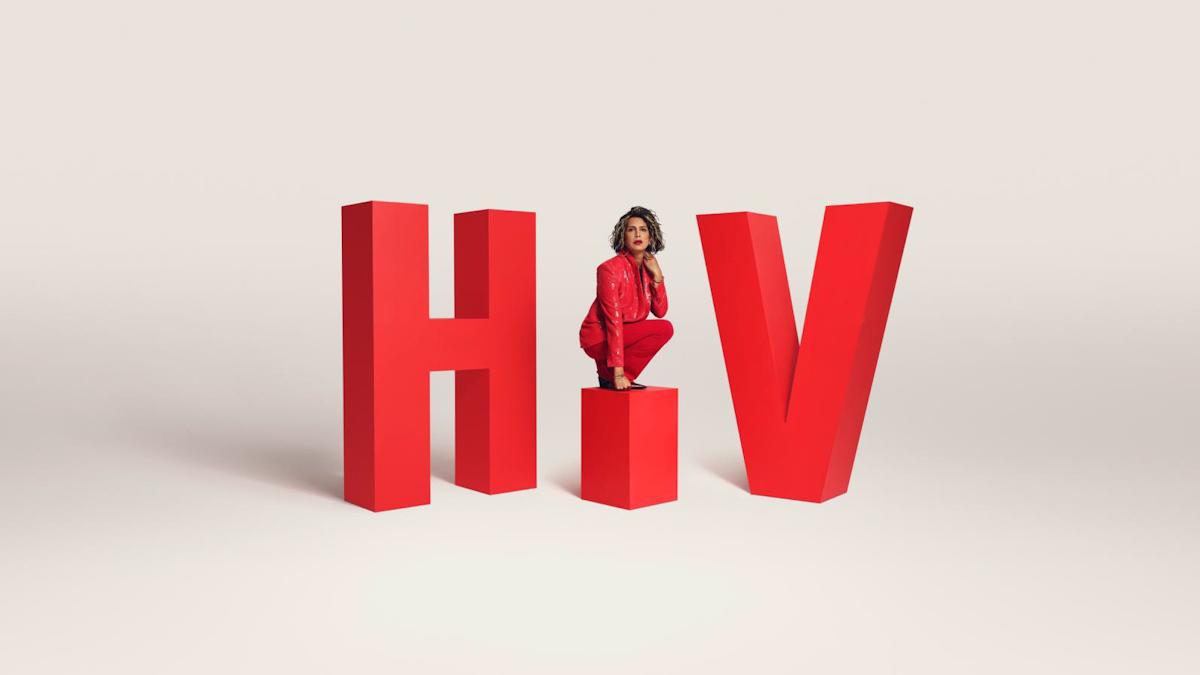UK's HIV response is 'failing women'

Image supplied by Gilead Sciences, featuring Women & HIV ambassador, Iris. Photography by Sane Seven.
Women are being overlooked in the UK's HIV response and can face barriers to accessing prevention, testing, and care, threatening the national drive to end new HIV transmissions by 2030.
That is the message of the Women & HIV Movement campaign, launched this week by women's HIV charity Sophia Forum and pharma company Gilead Sciences, which is calling for national policy change and a public awareness drive to close the gender gap in care.
The partners on the campaign point out that HIV diagnoses among women who have sex with men increased by 30% between 2022 and 2023 in England, around twice the rate for new diagnoses across all groups.
The current HIV Action Plan for England set a target of reducing HIV transmission by 80% between 2019 and 2025, but failed to address gender. With a new plan due to be published later this year – and HIV also not mentioned in the national Women's Health Strategy – Gilead and Sophia Forum are hoping to thrust the specific issues facing women into the spotlight.
In a policy report (PDF), they note that women are less likely to receive HIV testing and prevention – including pre-exposure prophylaxis (PrEP) medicines – as efforts "remain largely focused on men." The result is that three in five women who need PrEP fail to get access, it notes, while women are also more likely to get a late diagnosis, when HIV infection is more advanced.
In 2023, 46% of all new HIV diagnoses in England were among women, but they represented only 3% of patients using PrEP. At the same time, testing rates in women were around 65%, compared to more than 80% among heterosexual men and 96% for gay, bisexual, and other men who have sex with men (GBMSM).
"If the government is serious about ending new HIV transmissions, we must ensure that women's needs are no longer ignored," said Sophie Strachan, Sophia Forum's chief executive.
"A complete reframing of the HIV response is essential, and that starts with ensuring women and affected communities are actively involved in shaping the policies that impact them," she added. "Without full representation in decision-making, we will continue to see gaps in prevention, testing, and care."
Among the recommendations made in the report are to prioritise women in national and local HIV strategies and structures, address "systemic evidence and knowledge gaps" around HIV and women, tackle the issues over access to prevention and late diagnosis, improve access to "comprehensive and appropriate" treatment, and national and local campaigns to raise awareness.
One woman with HIV who contributed to a survey that guided the report said: "You need to have a lot of support around you, from services and from family and friends, and […] a lot of women don't receive that."
"A lot of women are maybe in relationships that are not necessarily healthy, [and] women are often juggling many jobs or childcare," she added. "Women often suffer also from poor mental health from chronic conditions, and they're doing all this with HIV, and this often prevents them from accessing services they need."












